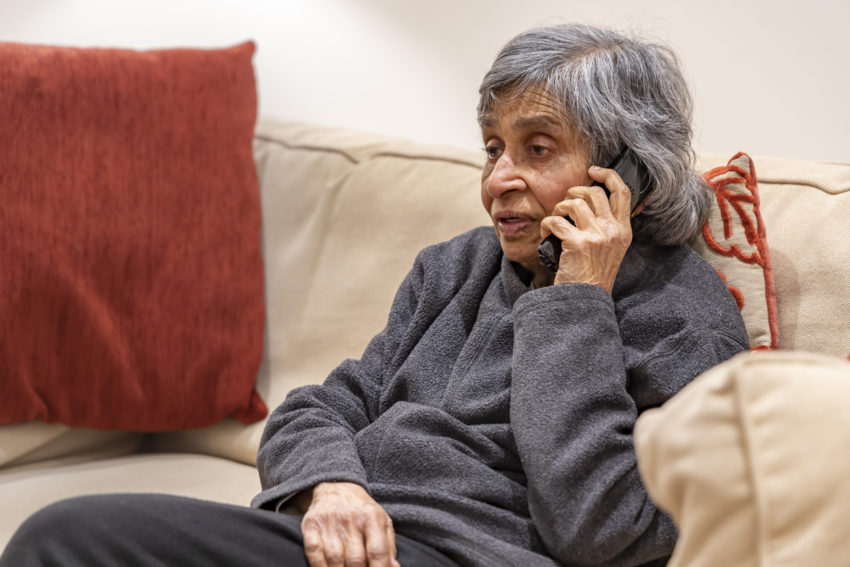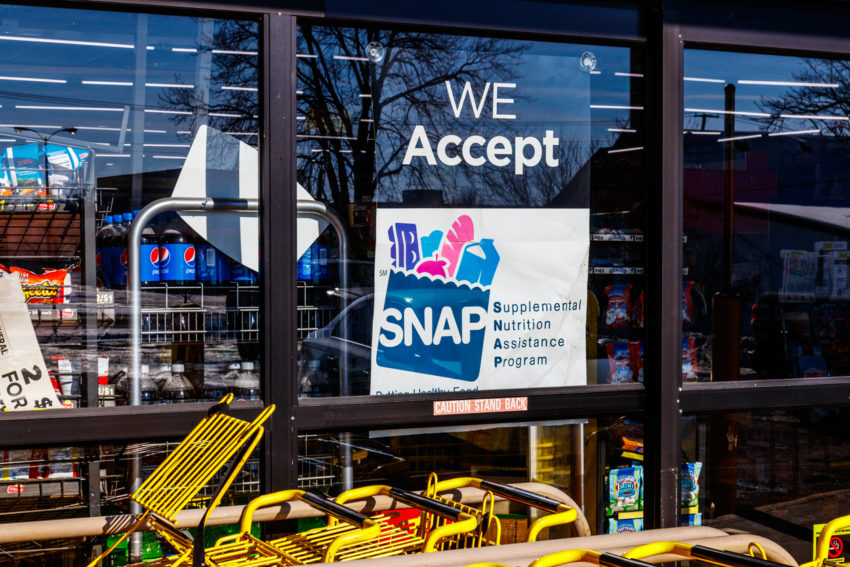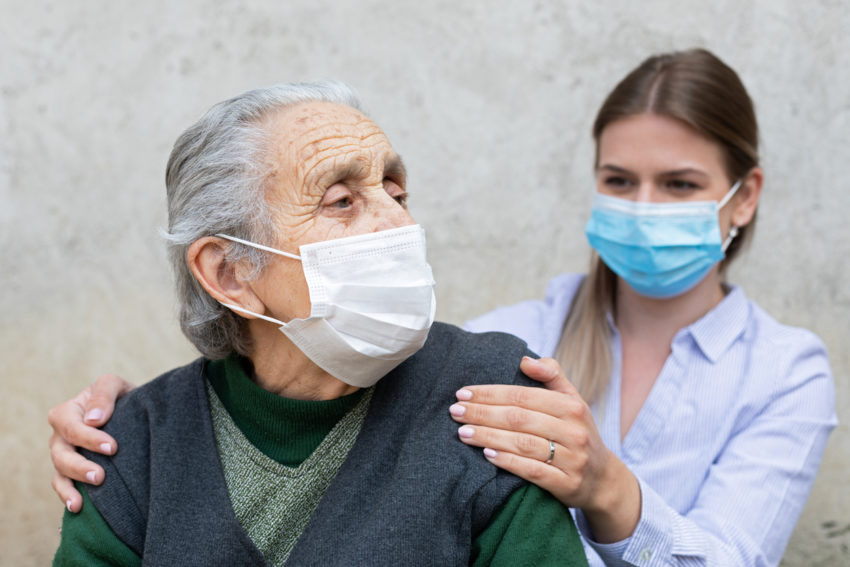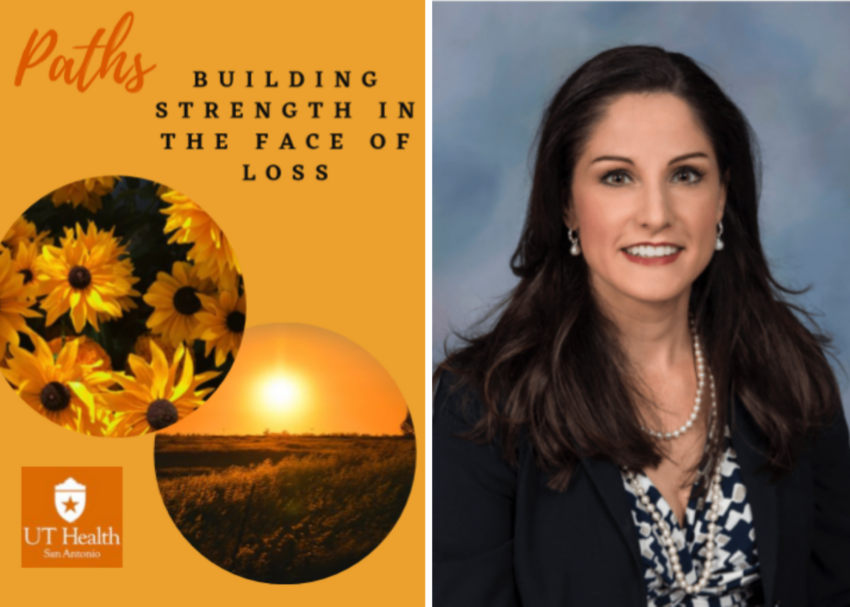Data: Segregation Leads to Lower Income, Life Expectancy for Latinos
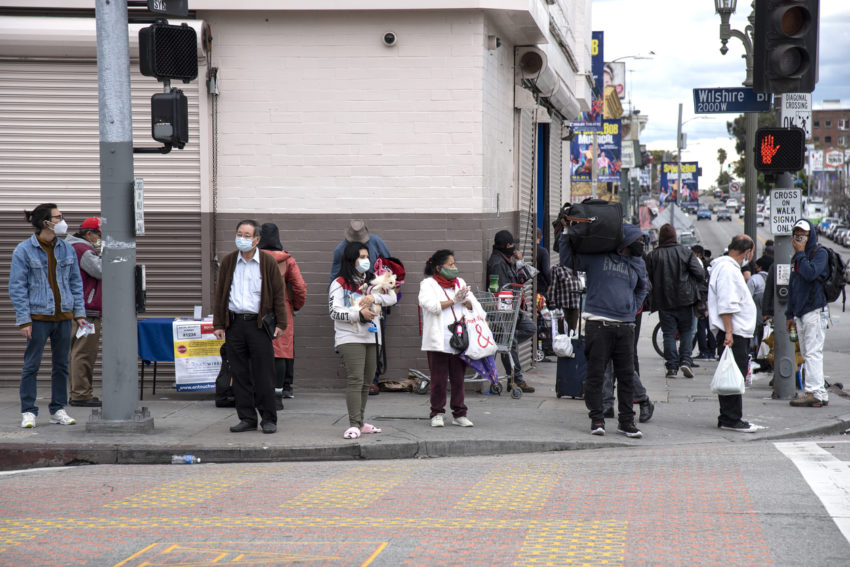
Living in segregated cities can have negative impacts on Latino and Black people rather than living in racially diverse areas, according to a new analysis from the University of California Berkeley’s Othering and Belonging Institute. “U.S. Latinos have a higher life expectancy and earn more yearly income when they live in racially mixed neighborhoods compared to areas that are predominantly Black or Latino, an analysis finds,” writes Russell Contreras, according to Axios. The analysis highlights areas with recent increases in segregation and the lasting implications that segregation has on life outcomes for Latino and Black children. What Does the Data Say on Segregation? The UC Berkeley’s Othering and Belonging Institute released a report in June 2021 after years of ...
Read More


